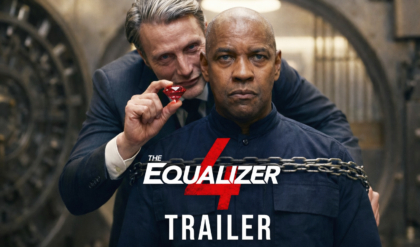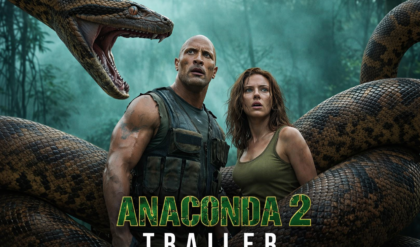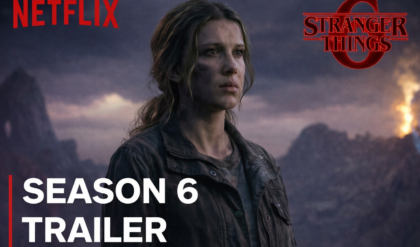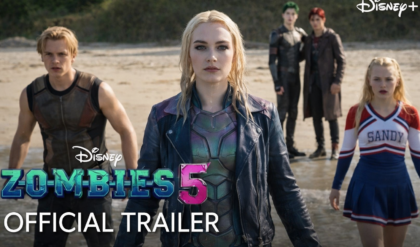In May 2025, a rumor sparked by industry insider Daniel Richtman set the internet ablaze: Hunter Schafer, the 26-year-old star of Euphoria and The Hunger Games: The Ballad of Songbirds & Snakes, is reportedly being eyed to play Princess Zelda in the live-action The Legend of Zelda movie, slated for release on March 26, 2027. The news was met with a polarized response. Many fans celebrated Schafer’s ethereal resemblance to the iconic Hyrulean princess and her proven acting talent, but a vocal subset unleashed a torrent of criticism, much of it steeped in transphobia. The backlash bears a striking resemblance to the vitriol faced by Bella Ramsey when they were cast as Ellie in HBO’s The Last of Us in 2021. Both controversies reveal a troubling pattern of hypocrisy in gaming fandoms, where complaints about “game-accurate casting” often mask deeper biases against diverse identities. As Schafer and Ramsey face similar storms, the question looms: what drives this outrage, and why does it persist?
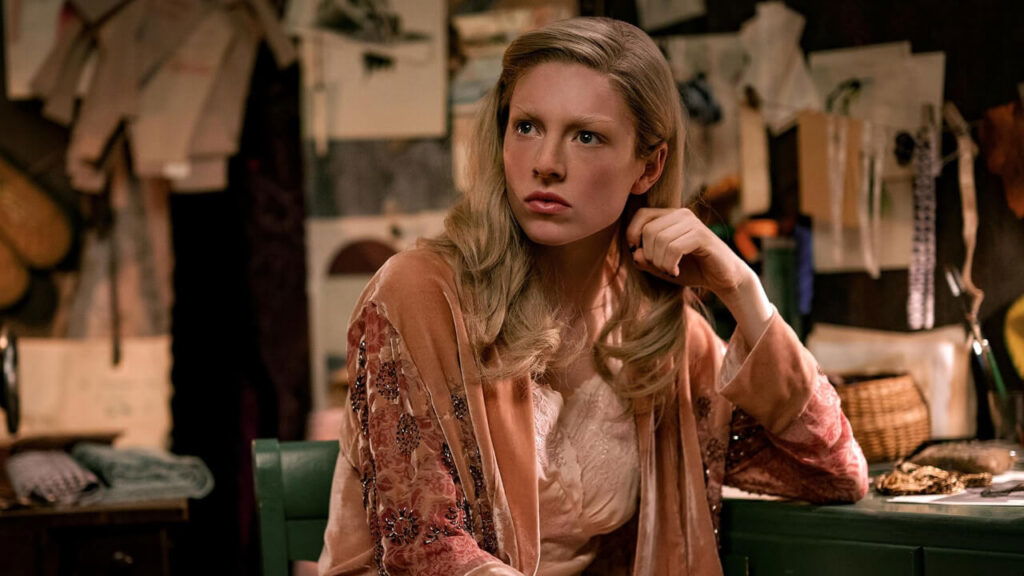 The recent rumor suggests Schafer might play Zelda. | Image Credit: Lionsgate
The recent rumor suggests Schafer might play Zelda. | Image Credit: Lionsgate
The Schafer-Zelda Rumor: A Perfect Fit Meets Resistance
The Legend of Zelda movie, directed by Wes Ball (The Maze Runner, Kingdom of the Planet of the Apes) and co-produced by Nintendo’s Shigeru Miyamoto, has been a dream project for fans since its announcement in 2023. With Sony Pictures co-financing and a script by Derek Connolly (Jurassic World), the film promises to bring Hyrule’s fantasy world to life. Casting speculation has run rampant, with names like Walker Scobell floated for Link. Yet, Schafer’s rumored role as Zelda has dominated the conversation, fueled by her striking visual similarity to the character—long blonde hair, delicate features, and an almost elven grace—seen in games like Ocarina of Time and Twilight Princess.
Schafer’s credentials bolster her case. Her breakout role as Jules Vaughn in Euphoria showcased her ability to convey emotional depth, earning critical acclaim. Her performances in The Hunger Games prequel and the horror film Cuckoo demonstrated versatility, while her vocal enthusiasm for Zelda—she’s a lifelong fan who still plays the games—adds authenticity. “I love the game, personally. I played it as a kid and I still play it now,” Schafer told Variety in 2023, calling the prospect of playing Zelda “so cool.” Fan support has been strong, with a Reddit post on r/zelda garnering 21,000 upvotes, proclaiming, “She was born for this role.” Concept art circulating online further cements her as a near-perfect fit.
Yet, the backlash has been fierce. Social media platforms like X and NeoGAF are rife with derogatory comments, many targeting Schafer’s identity as a transgender woman. Posts on X, such as one from @Jommunism, highlight the contradiction: “Same cunts angry at Hunter Schafer for Zelda that were angry at Bella Ramsey for TLOU.” Critics argue that Schafer’s casting deviates from their vision of Zelda, with some NeoGAF users resorting to transphobic slurs, dismissing her as “a man who pretends to be a woman.” The intensity of the hate, despite Schafer’s resemblance and qualifications, suggests that the objections are less about fidelity to the source material and more about discomfort with her trans identity.
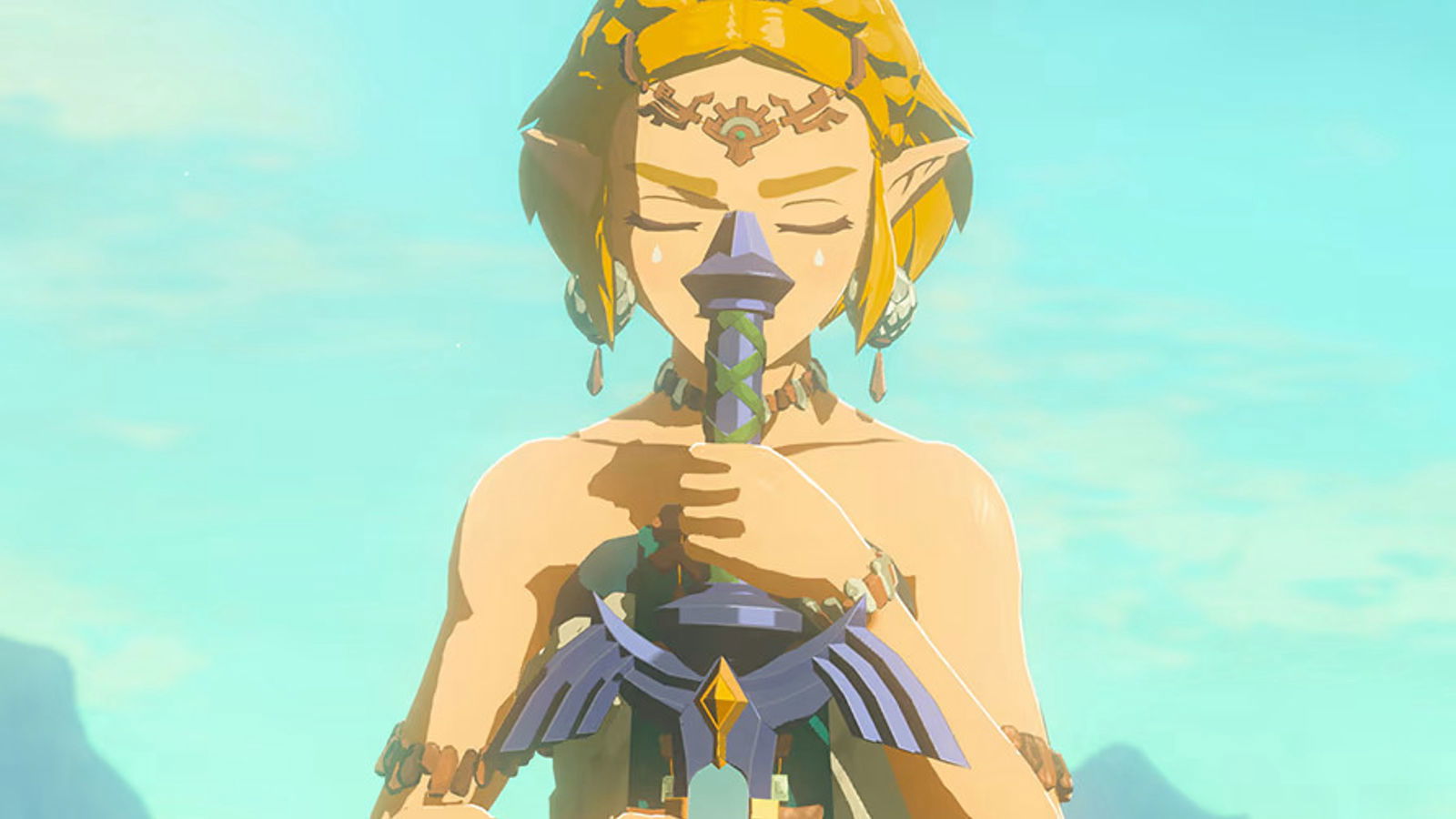
⛶
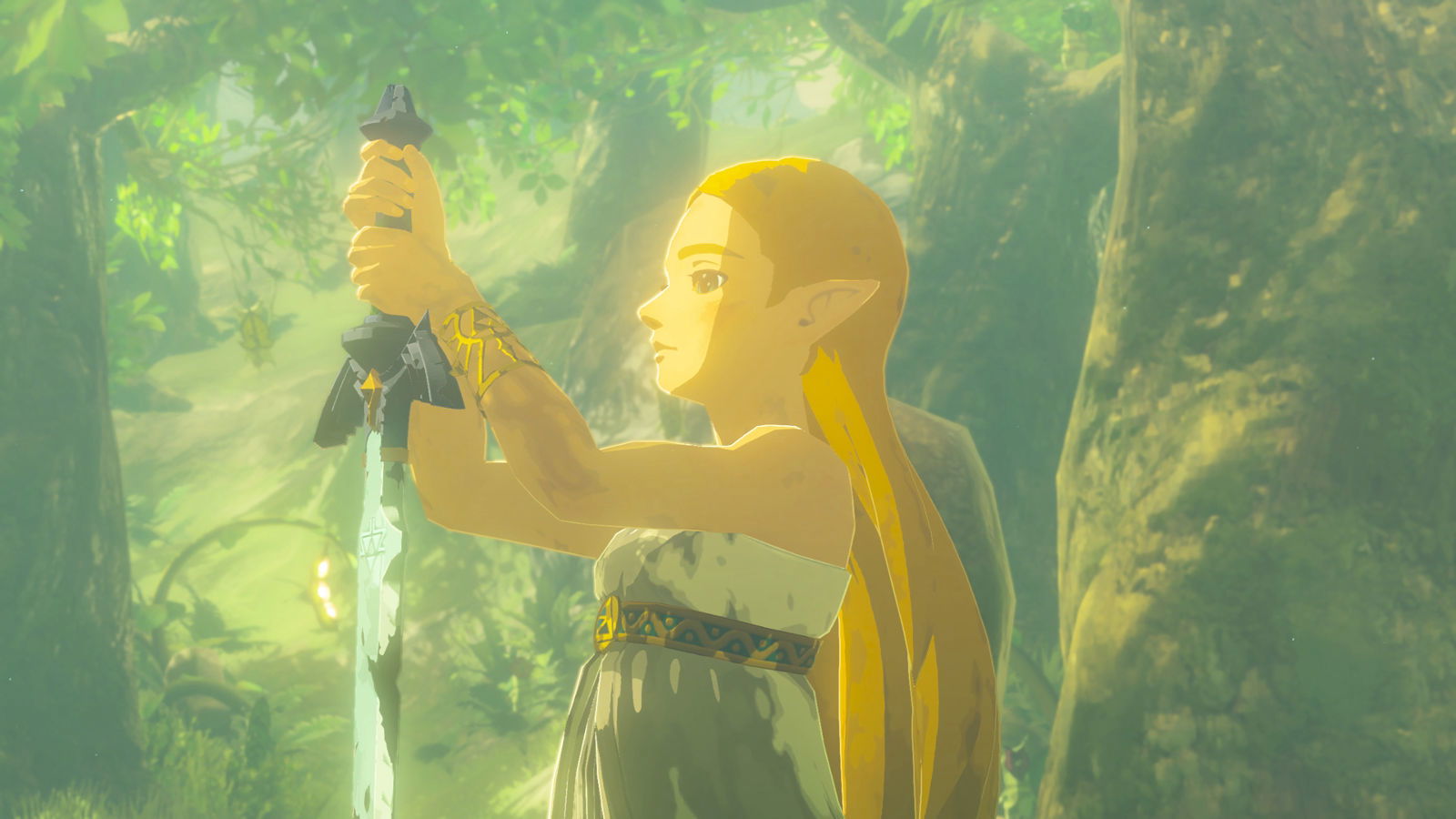
⛶
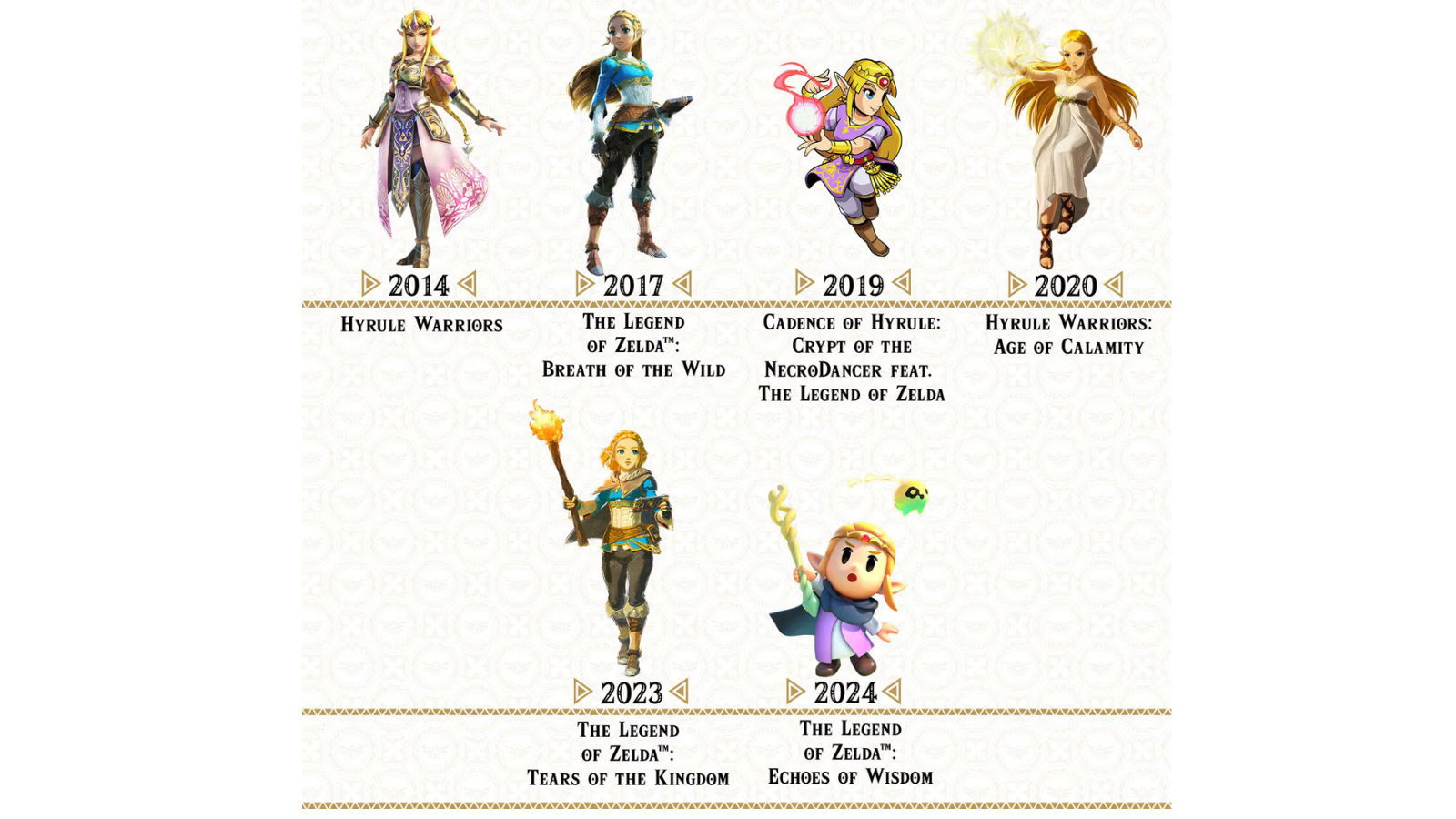
⛶
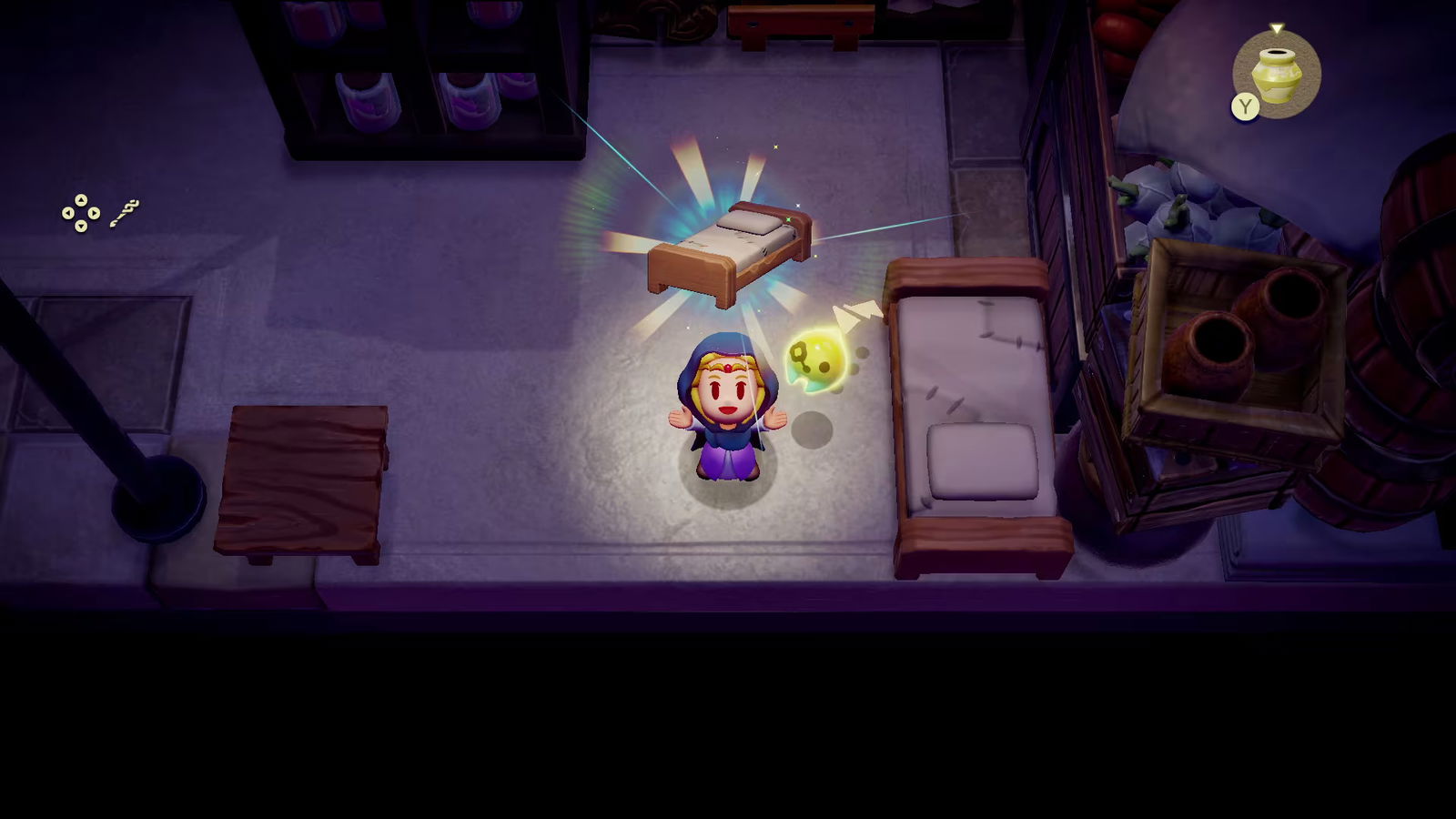
⛶
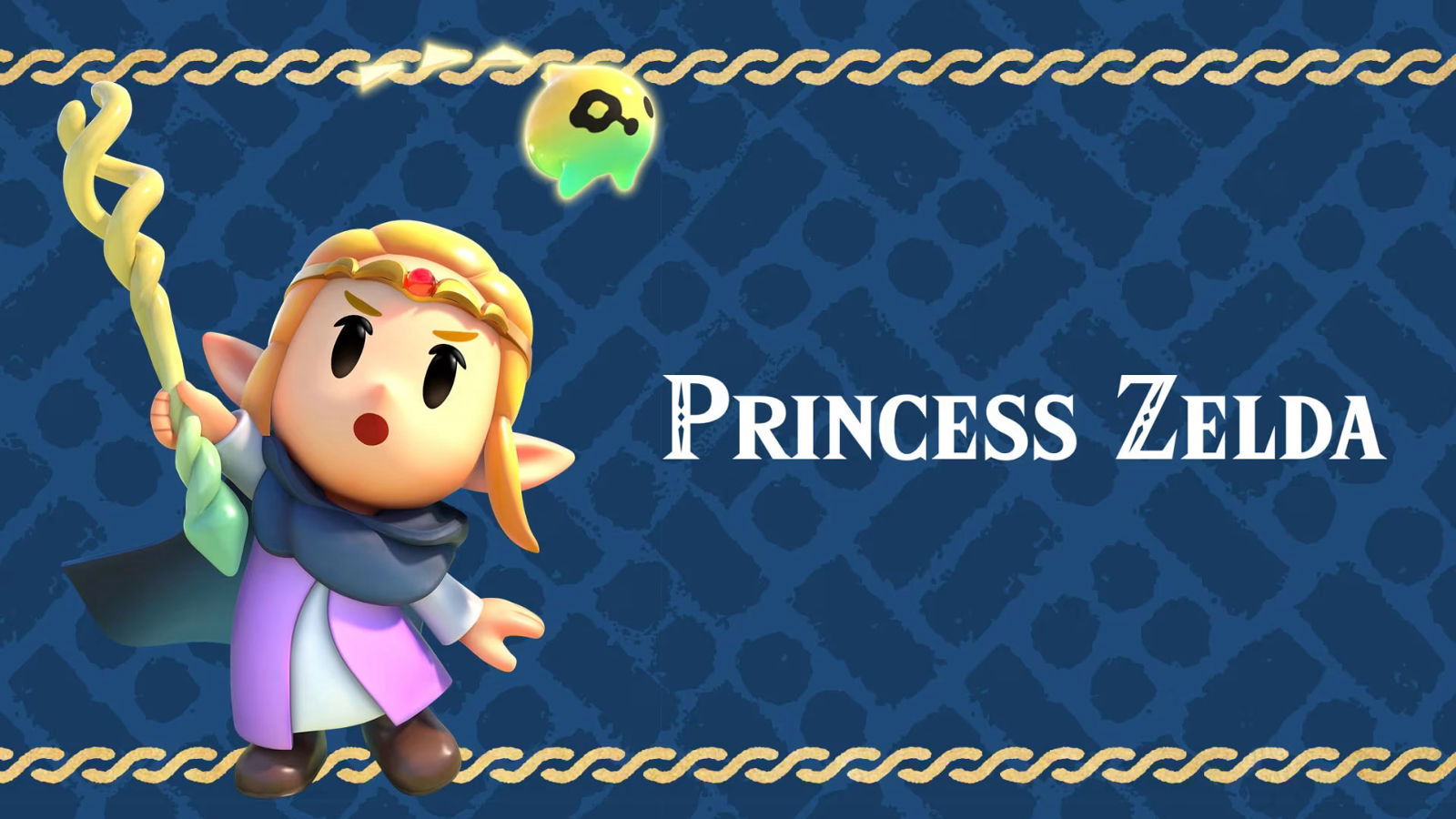
⛶





The Ramsey-TLOU Precedent: A Familiar Script
The Schafer controversy echoes the backlash against Bella Ramsey’s casting as Ellie in The Last of Us. When HBO announced Ramsey, then 17, as the teenage protagonist of Naughty Dog’s post-apocalyptic masterpiece, fans erupted. The primary complaint? Ramsey didn’t “look like Ellie.” In the 2013 game, Ellie is a 14-year-old with sharp features and a tomboyish edge. Ramsey, with a softer appearance and non-binary identity, faced accusations of being a poor fit. X posts from 2021 decried the casting as “woke,” with some fans claiming it betrayed the game’s aesthetic.
However, Ramsey’s performance in The Last of Us Season 1, which aired in 2023, silenced many doubters. Their portrayal of Ellie’s grit, vulnerability, and sardonic humor earned widespread praise, with the show hailed as one of the best video game adaptations ever. Even so, Season 2, which aired in 2025, reignited criticism. Some fans argued that Ramsey, now 21, didn’t suit an older Ellie, with one FandomWire article noting that their stunt double, Cassandra Ebner, resembled the game’s grown-up Ellie more closely. Others pinned the show’s narrative missteps, like an out-of-character line about Dina’s pregnancy, on Ramsey, despite these being writing decisions. “The fatal mistake of softening Ellie’s rage is unfairly being pinned on Bella Ramsey,” one critic wrote, highlighting the misplaced blame.
The parallels between Schafer and Ramsey are striking. Both faced scrutiny for not fitting a narrow interpretation of their characters’ appearances, yet the criticism often veered into personal attacks on their identities—Ramsey’s non-binary status and Schafer’s transness. When Ramsey didn’t “look like Ellie,” fans demanded game-accurate casting. Now, with Schafer embodying Zelda’s iconic look, the same crowd shifts the goalposts, revealing a double standard. As @keqframe posted on X, “It’s funny how the same people who complained Bella Ramsey doesn’t look like Ellie are now against casting Hunter Schafer who looks so much like Zelda.”
Unmasking the Hypocrisy
The backlash against Schafer and Ramsey exposes a deeper issue: fandom gatekeeping rooted in bigotry. When Ramsey was cast, critics claimed their appearance deviated from Ellie’s game model, ignoring that adaptations prioritize performance over exact likeness. Pedro Pascal, who played Joel, didn’t perfectly resemble his game counterpart but won acclaim for capturing the character’s essence. Similarly, Schafer’s critics overlook her acting prowess and Zelda-like appearance, focusing instead on her trans identity. This inconsistency suggests that “game accuracy” is a pretext for rejecting diversity in casting.
The hypocrisy is evident in the shifting standards. For Ramsey, the complaint was about looks; for Schafer, who matches Zelda’s aesthetic, the objections pivot to vague concerns about “fit” or outright transphobia. X posts like @121Anti’s capture the sentiment: “People that complained that Bella Ramsey didn’t look like Ellie are now complaining a trans woman may be playing Zelda. I cannot fathom being that miserable.” The pattern extends beyond these cases. When The Last of Us Season 2 introduced Abby, played by Kaitlyn Dever, fans criticized her physique for not matching the game’s muscular character, despite Dever’s acting credentials. The common thread? A resistance to casting that challenges traditional norms, whether through gender identity, appearance, or narrative reinterpretation.
This behavior reflects a broader tension in gaming culture. Video game adaptations, once rare, are now a cultural force, with The Last of Us, The Witcher, and Arcane proving their viability. Yet, fans accustomed to controlling game narratives through play resent changes in adaptations, especially when they involve diverse representation. Schafer’s potential casting as Zelda, a character symbolizing divine femininity, threatens a subset of fans who view her trans identity as incompatible with their idealized vision. Similarly, Ramsey’s non-binary identity fueled accusations of “woke casting,” despite their performance proving otherwise.
The Industry Context: Progress and Pushback
The Zelda and TLOU controversies occur amid a broader push for inclusivity in Hollywood. Schafer’s rise, from Euphoria to major film roles, mirrors the industry’s growing embrace of queer and trans talent. Her activism, notably against North Carolina’s 2016 Bathroom Bill, and her outspokenness on trans rights—“Trans people are beautiful,” she declared in response to Trump’s 2025 executive orders—make her a powerful figure for representation. Casting her as Zelda could be a landmark moment, signaling Nintendo’s commitment to inclusivity, especially after criticism of their handling of transgender characters in The Legend of Zelda: Breath of the Wild.
Ramsey, too, represents a new generation of actors challenging norms. Their breakout role as Lyanna Mormont in Game of Thrones at age 13 showcased their talent, and their work in The Last of Us has cemented their status as a global star. In a 2025 IndieWire interview, Ramsey expressed hope that fans would support their upcoming indie films with the same fervor as TLOU, highlighting their desire to diversify their portfolio. Yet, both actors face resistance from fans who prioritize rigid fidelity to source material over the creative freedom of adaptations.
The Zelda movie, still in pre-production, has yet to confirm Schafer’s casting. Nintendo and Sony Pictures have remained silent, and Richtman’s track record on rumors is mixed. However, the fan response offers a preview of the challenges ahead. Wes Ball, known for VFX-heavy blockbusters, is well-equipped to handle Hyrule’s fantastical scope, but navigating casting controversies will require deft handling. Nintendo, as a co-producer, faces pressure to balance fan expectations with modern inclusivity, especially given their global audience.
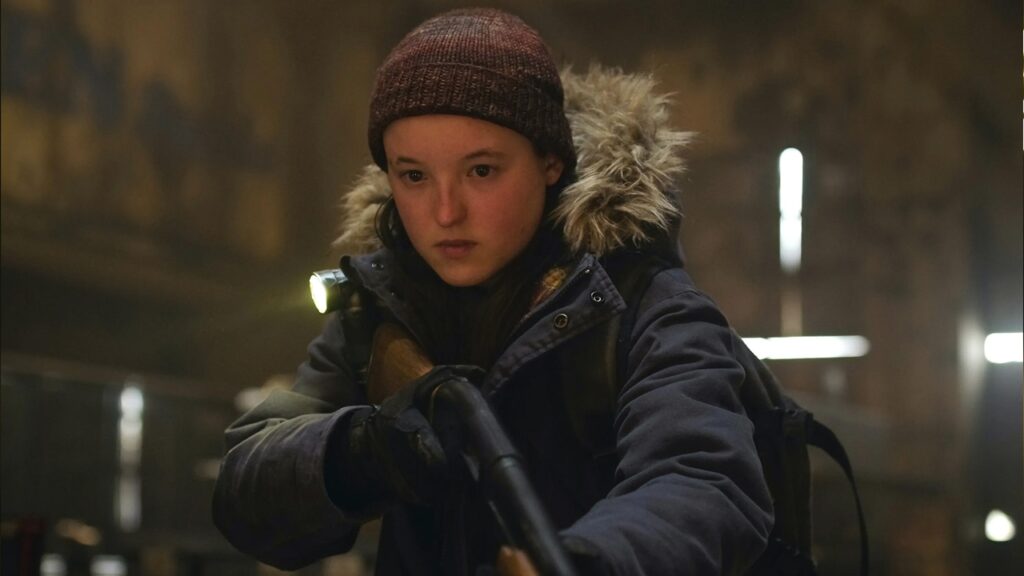
Gamers want accuracy, until it challenges their comfort zone. | Image Credit: HBO
The Fan Divide: Support vs. Hate
Not all reactions to Schafer’s rumor have been negative. The queer community and progressive fans have rallied behind her, viewing her potential casting as a step toward better representation. FandomWire argued that Schafer’s role could “help Nintendo recover from its terrible transgender representation” in Breath of the Wild, while @nigris05 on X praised her as “the perfect TP/OoT Zelda.” Similarly, Ramsey has a loyal fanbase that defends their TLOU performance, with many arguing that the Season 2 criticisms stem from writing, not acting.
The divide reflects a cultural shift. Younger, more diverse fans embrace casting that reflects their values, while a vocal minority clings to outdated norms. The Zelda movie, set for 2027, and The Last of Us Season 3, expected in late 2026 or early 2027, will test whether studios prioritize inclusivity over appeasing detractors. Schafer’s rumored role, if confirmed, could redefine Zelda as a symbol of progress, just as Ramsey’s Ellie has become a touchstone for non-binary representation.
Looking Forward
The controversies surrounding Hunter Schafer and Bella Ramsey highlight a critical juncture for video game adaptations. As studios adapt beloved franchises, they must navigate fan expectations while embracing the diversity of modern audiences. Schafer’s potential casting as Zelda offers a chance to celebrate a talented actress who embodies the character’s spirit, but it also risks amplifying toxic discourse. Ramsey’s experience with The Last of Us shows that stellar performances can overcome initial backlash, yet the persistent criticism underscores the challenges of pleasing all fans.
The hypocrisy in these debates—demanding game-accurate looks for Ramsey but rejecting Schafer despite her resemblance—reveals a fandom struggling to reconcile tradition with progress. As @lauversocialism posted on X, “It’s so funny that all the people who bitch about Hollywood casting actors who don’t look exactly like the characters… complain about Hunter Schafer as Zelda when she looks literally exactly like her.” The solution lies in focusing on what matters: storytelling, performance, and the ability to bring characters to life. Schafer and Ramsey, both immensely talented, deserve to be judged on those merits, not on biases masquerading as “loyalty” to source material.
As the Zelda movie and The Last of Us Season 3 approach, the industry has an opportunity to set a precedent. By standing behind diverse casting, studios can challenge bigotry and create adaptations that resonate with a global audience. For now, the Schafer and Ramsey controversies serve as a mirror, reflecting the best and worst of gaming culture—and a reminder that the fight for inclusivity is far from over.


